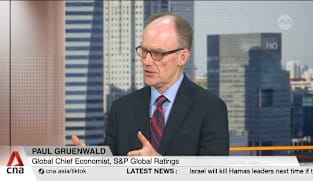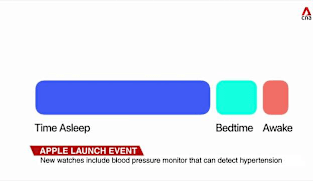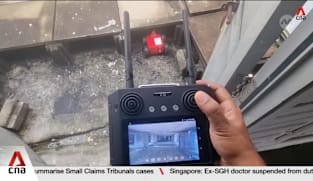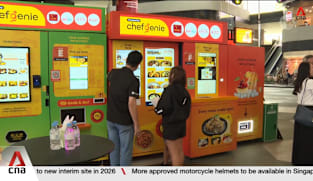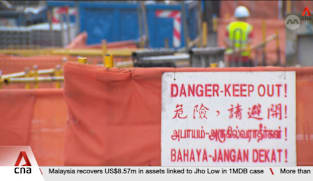Gerald Giam on MediShield Life Scheme (Amendment) Bill
This MediShield Life Scheme (Amendment) Bill seeks to enhance the MediShield Life framework, but the changes must not place unnecessary burden on those who rely on the scheme the most, said MP Gerald Giam. Speaking in Parliament on Monday (Nov 11), he urged the Ministry of Health to review the use of the annual value (AV) of the property as a criterion for means testing so that retirees and those with limited cash flow can receive subsidies based on their actual financial need. He pointed out that the criteria could present a financial challenge for some low-income or no-income households, particularly retirees living in private property and are born in 1960 or later. They may face rising medical bills, yet do not qualify for premium subsidies due to the property they live in, he said. Many of these elderly Singaporeans are unlikely to downsize their homes, especially if they are currently suffering from serious illnesses, he added. Mr Giam said the physical and emotional disruption of relocating during a vulnerable period is impractical and could worsen their health conditions. The Government should consider removing AV as a means testing criteria, and make a holistic and transparent assessment based on their individual circumstances. This approach will allow the scheme to target subsidies more effectively towards those who genuinely lack cash flow for their healthcare needs, said Mr Giam.
This MediShield Life Scheme (Amendment) Bill seeks to enhance the MediShield Life framework, but the changes must not place unnecessary burden on those who rely on the scheme the most, said MP Gerald Giam. Speaking in Parliament on Monday (Nov 11), he urged the Ministry of Health to review the use of the annual value (AV) of the property as a criterion for means testing so that retirees and those with limited cash flow can receive subsidies based on their actual financial need. He pointed out that the criteria could present a financial challenge for some low-income or no-income households, particularly retirees living in private property and are born in 1960 or later. They may face rising medical bills, yet do not qualify for premium subsidies due to the property they live in, he said. Many of these elderly Singaporeans are unlikely to downsize their homes, especially if they are currently suffering from serious illnesses, he added. Mr Giam said the physical and emotional disruption of relocating during a vulnerable period is impractical and could worsen their health conditions. The Government should consider removing AV as a means testing criteria, and make a holistic and transparent assessment based on their individual circumstances. This approach will allow the scheme to target subsidies more effectively towards those who genuinely lack cash flow for their healthcare needs, said Mr Giam.








